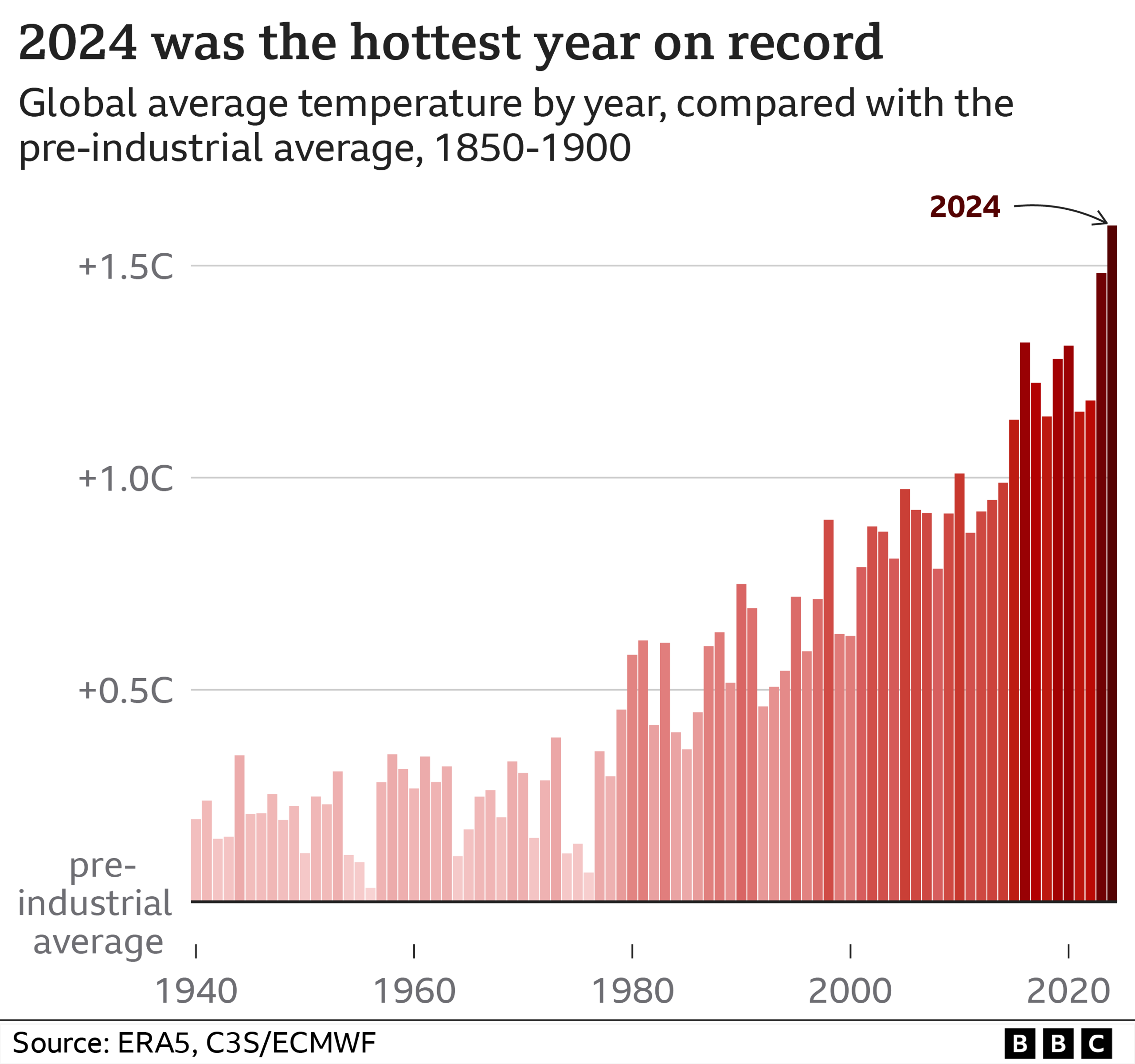Developing Nations Left Unsatisfied After COP29 Climate Summit

In a disappointing turn of events, world leaders converged on November 2024 for the COP29 climate summit in a bid to revitalize their commitment to combating global warming. However, despite promising discussions, the two-week gathering yielded little tangible progress, leaving developing nations feeling frustrated and underwhelmed.
According to recent data from the United Nations, countries are currently on track to warm the planet by 2.6C to 2.8C by 2100, although if all net-zero pledges were met, it's possible to reduce this estimate to 1.9C. This emphasizes the urgent need for nations to intensify their efforts in implementing policies and measures aimed at achieving carbon neutrality.
In a key moment of tension, at COP28 in December 2023, world leaders for the first time agreed on the necessity of transitioning away from fossil fuels – although they remained under obligation to make concrete actions. This development represents an encouraging step forward, albeit one that stops short of binding obligations.
The latest summit, however, failed to stir significant progress, as several countries, including prominent players such as Canada and New Zealand, expressed their dissatisfaction with the overall agreement reached at COP29. In essence, many felt that the pact watered down previous commitments made in prior climate summits.
These criticisms leave the question of how effective global cooperation on climate action can become, particularly when faced with conflicting priorities amidst ongoing economic challenges.
